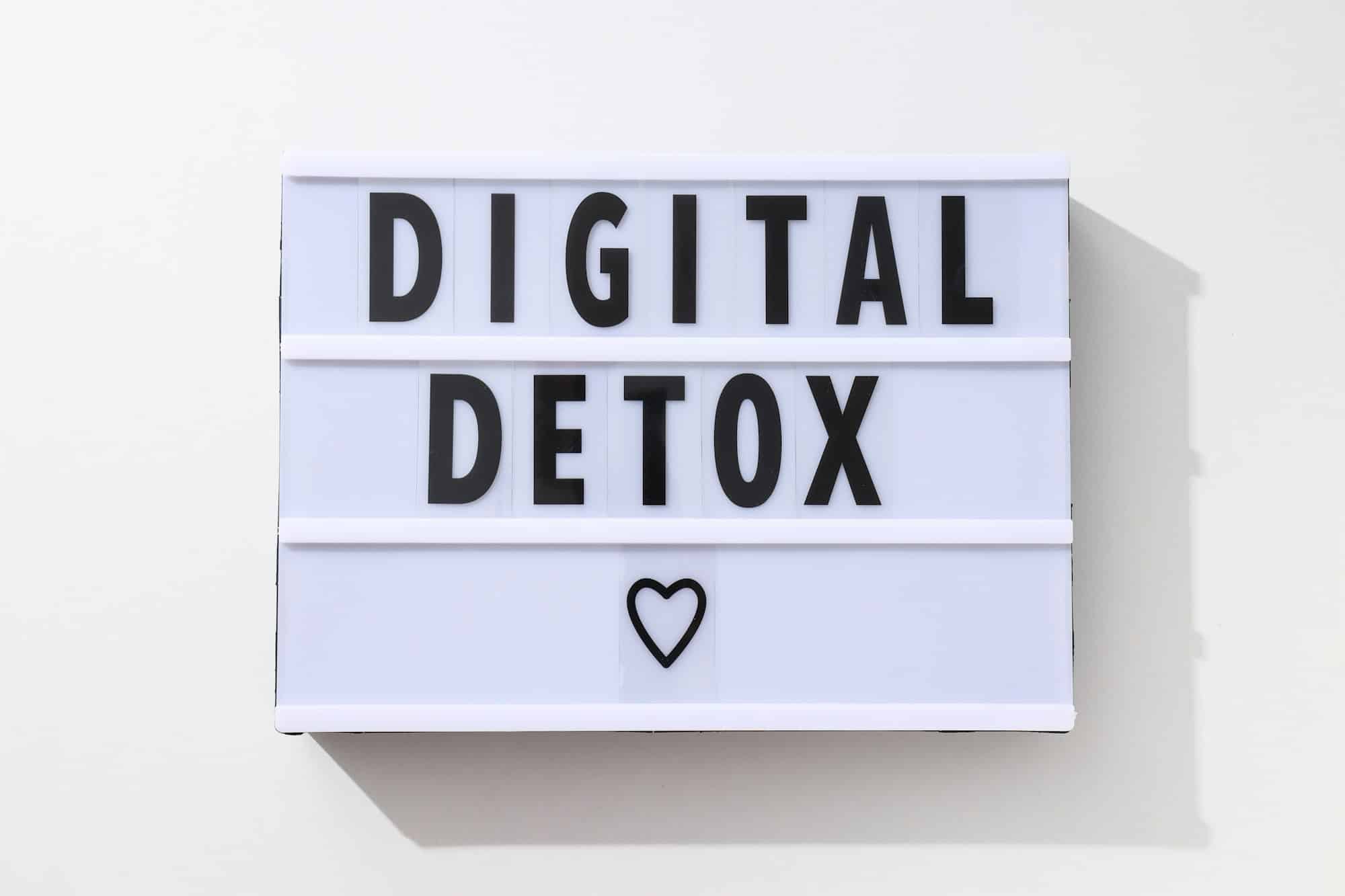What’s the Impact of Social Media Detox on Mental Health and Well-being?

Social media has become an integral part of our lives. It connects us with people around the world, keeps us updated with the latest news, and provides a platform for sharing personal moments. Yet, the constant influx of information can sometimes be overwhelming, leading to a host of mental health issues, including anxiety, depression, and sleep disorders. As a consequence, many people consider a social media detox – a deliberate, temporary disconnection from all digital platforms – to regain control over their time and improve their well-being.
It’s an undeniable truth that social media platforms are designed to keep you engaged. Their built-in features, such as notifications, likes, and shares, create a potent mix of dopamine-releasing rewards that encourage users to spend more time online.
A découvrir également : Navigating uk immigration: your journey with synergy solutions
A study published in the Journal of Behavioral Addictions found a disturbing correlation between social media use and addictive behaviors. The researchers surveyed over 20,000 participants, revealing that people who spend more time on social media are at a higher risk of developing addictive behaviors.
The term "social media addiction" is not an official diagnosis in the DSM-5, the Diagnostic and Statistical Manual of Mental Disorders. Still, it shares many similarities with recognized addictions, such as the inability to control the use of social media and neglect of personal life.
A voir aussi : 301 Moved Permanently: what the HTTP status means for the website SEO
Recent research has drawn attention to the negative impact of social media on mental health. While the platforms themselves are neutral – tools that can be used in healthy or unhealthy ways – prolonged use can lead to several issues, including anxiety, depression, and sleep disorders.
In one study, participants spent an average of over two hours per day on social media. The research found that those who spent more time online were more likely to report poor mental health, including high levels of anxiety and depression.
Furthermore, excessive use of social media can interfere with sleep. The constant need to check updates, messages, and notifications can lead to delayed bedtime and disturbed sleep. As a result, this sleep deprivation can exacerbate mental health conditions.
In light of these adverse effects, a growing number of people are choosing to take a break from social media. A social media detox involves disconnecting from all digital platforms for a specified period, offering several potential benefits for mental health and well-being.
One of the immediate benefits reported by those who undergo a social media detox is a greater sense of time. According to a study conducted by the University of Pennsylvania, participants who limited their social media use to 30 minutes per day felt less lonely and depressed. They also reported having more time for offline activities – such as reading, exercising, or spending time with loved ones.
A social media detox can also help reduce anxiety and improve mood. The constant comparison with others’ seemingly perfect lives can create feelings of inadequacy and low self-esteem. By taking a break from social media, you can start to focus on your own accomplishments and self-worth, rather than comparing yourself to others.
Despite the potential benefits, embarking on a social media detox is not easy. The habit of checking updates on the phone is often deeply ingrained, and changing this behavior can be challenging.
One of the practical strategies to manage this is to gradually reduce the time spent on social media. Apps that track screen time can help monitor usage and set realistic goals. Another strategy is to designate specific times during the day for social media use and stick to these slots.
Also, it’s essential to remember that social media detox is not a one-size-fits-all solution. For some, a complete break may lead to feelings of FOMO (fear of missing out) or social isolation. Therefore, it’s crucial to tailor the detox plan to individual needs and circumstances.
In conclusion, while social media provides numerous benefits, excessive use can lead to significant mental health problems. Consequently, a social media detox may offer a way to reclaim time, reduce anxiety, and improve overall well-being. However, it’s crucial to approach this with realistic expectations and individual adaptation, ensuring the process leads to tangible improvements in your life.
It’s not just mental health that benefits from a digital detox. Our physical health can also see a significantly positive impact when we reduce our screen time. Sitting for prolonged periods, often in poor postures while using social media platforms, can lead to a host of health issues including obesity, heart disease, and diabetes.
A study published in the International Journal of Behavioral Nutrition and Physical Activity reported a correlation between excessive social media usage and sedentary behavior. This is hardly surprising, given that the more time spent scrolling through feeds, the less time available for physical activity.
Moreover, the blue light emitted by our devices disrupts our circadian rhythm, the biological clock that regulates sleep-wake cycles. This can lead to insomnia and other sleep disorders that are harmful to our overall health.
By taking a break from social media, we can regain balance in our lives. Free from the constant pull of notifications, we can give more attention to physical activity, proper nutrition, and sufficient sleep. Participants who have undergone a social media detox have reported having more time for exercises like yoga or running, preparing healthier meals, and maintaining a regular sleep schedule.
A media detox is not just about reducing screen time, but also about encouraging mindfulness – the practice of being present and fully engaged with whatever we’re doing at the moment. Mindfulness can mitigate the adverse effects of social media on mental health and well-being, and can be a useful tool during a digital detox.
In today’s fast-paced digital world, we often find ourselves mindlessly scrolling through our feeds, without any real awareness of why we’re online or what we’re hoping to find. This mindless use of social media can exacerbate feelings of anxiety, depression, and life dissatisfaction.
Mindfulness, on the other hand, encourages us to be deliberate with our actions. By being mindful, we can start to question our habitual use of social media. Why are we reaching for our phones? Are we doing it out of boredom, stress, or loneliness? This awareness can help us break the cycle of mindless scrolling and create more intentional habits.
Mindfulness can also enhance life satisfaction during a social media detox. By being fully present in our offline activities, whether it’s reading a book, pursuing a hobby, or spending time with loved ones, we can find more joy and fulfillment in our daily lives.
Without a doubt, social media has its place in today’s society, connecting us with family, friends, and the world at large. However, like any tool, its benefits depend on how we use it. Excessive use of social media can lead to mental and physical health issues, including anxiety, depression, poor sleep, and sedentary behavior.
A social media detox, combined with mindfulness practices, offers a potential solution. Such a break can help reclaim time for physical activity, reduce feelings of anxiety and depression, and improve overall life satisfaction. However, it’s essential to tailor the detox to individual needs and circumstances.
In the end, the goal is not to completely eliminate social media from our lives, but to establish a balanced and healthy relationship with it – one where we control our social media usage, not the other way around. The journey towards digital wellness may not be easy, but it is certainly worthwhile. By being mindful of the impact social media has on our well-being, we can make conscious choices that favor our mental and physical health.
